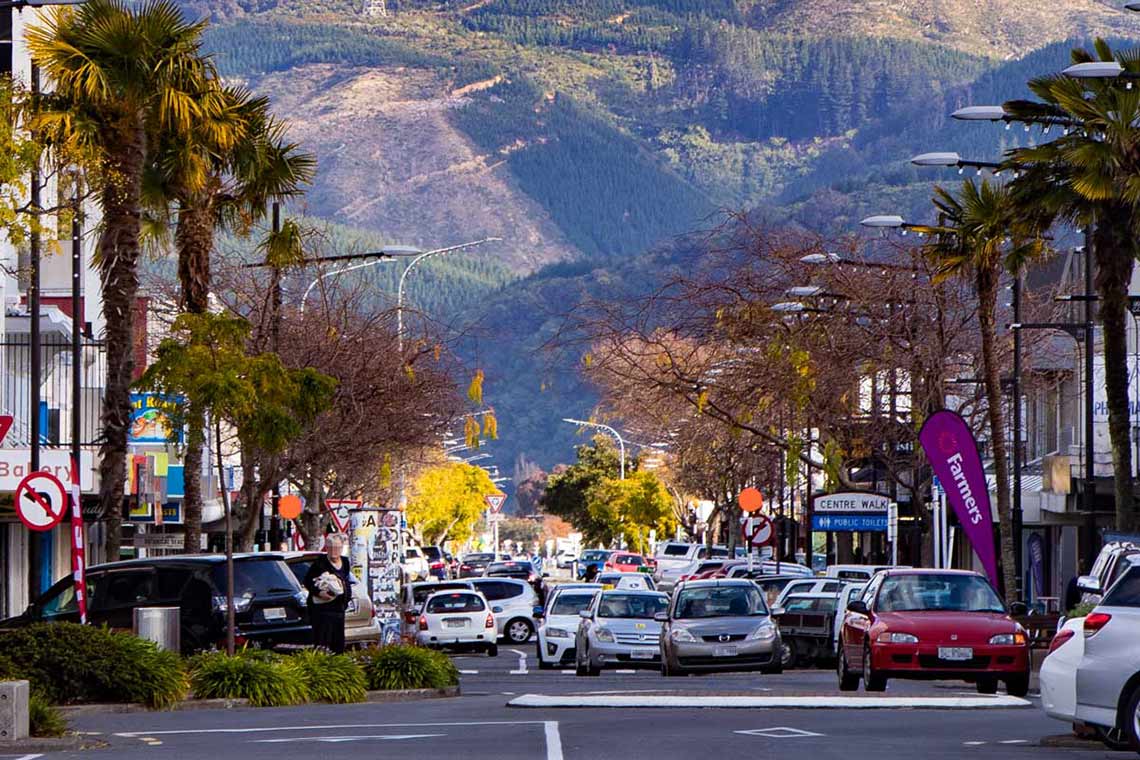COVID-19 Recovery funding

Council recognises that Covid-19 has had a significant impact on community well-being. To support our community to recover from the impacts of Covid-19, Council has introduced a Covid-19 recovery fund. The fund intends to support social, economic, environmental, and cultural well-being in Upper Hutt. It is open to organisations operating in Upper Hutt.
This funding portal closed to applications on 31 May 2022.
If you have any questions regarding the recovery fund, please email liezel.jahnke@uhcc.govt.nz.
Sporting Chance and Arts Participation funds
Council's Sporting Chance and Arts Participation funds assist local young people on a specific, individual basis where financial hardship, as a result of COVID-19, is a barrier to participation in sports and physical activity and/or in art and culture.
Funding remains available until fully allocated. Applications to these funds are managed separately to the process below.
Recovery Fund Applicants must demonstrate:
- That they are based in Upper Hutt or delivering a service to Upper Hutt residents in Upper Hutt
- Impacts of Covid-19/contribution to recovery from Covid-19
- How the organisation, service, programme, initiative, or event contributes toward at least one of the well-beings (social, economic, environmental, cultural).
- A strong need for the organisation, service, programme, or event and community benefit
- Self-help and/or help from others/collaboration
Notes
- Your organisation may be required to supply additional information upon request.
- Details of funds received will appear in Council reports and will be publicly accessible.
- If your organisation’s application is successful, it will be required to complete an accountability report (return dates vary) and any funds unused must be returned to Council by the specified date.
What are the well-beings?
Social: Involves individuals, their families, whanau, hapu, iwi, and a range of communities being able to set goals and achieve them, such as education, health, the strength of community networks, financial and personal security, equity of opportunity, and rights and freedoms.
Economic: Looks at whether the economy can generate the employment and wealth necessary to provide many of the requirements that make for social well-being, such as health, financial security, and equity of opportunity.
Environmental: Considers whether the natural environment can sustainably support the activities that constitute healthy community life, such as air quality, fresh water, uncontaminated land, and control of pollution.
Cultural: Looks at the shared beliefs, values, customs, behaviours and identities reflected through language, stories, visual and performing arts, ceremonies and heritage that make up our communities.